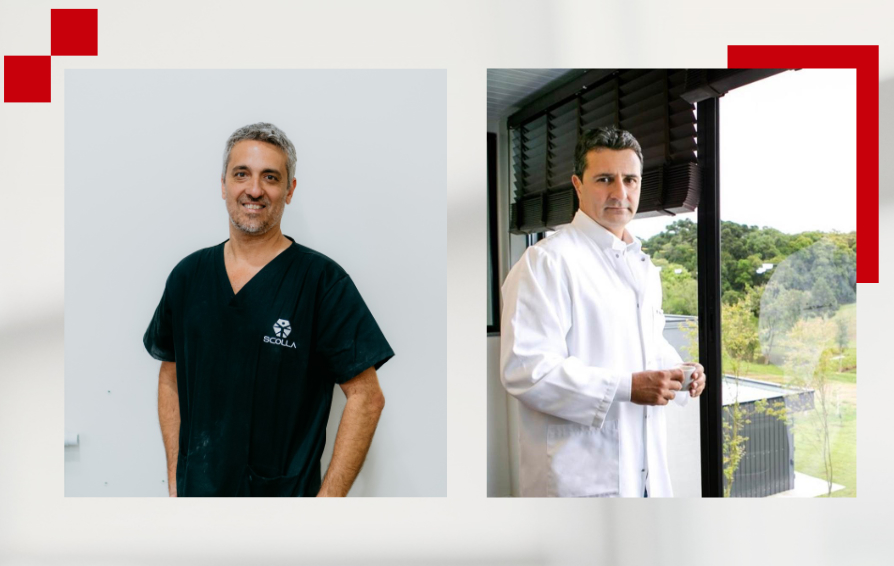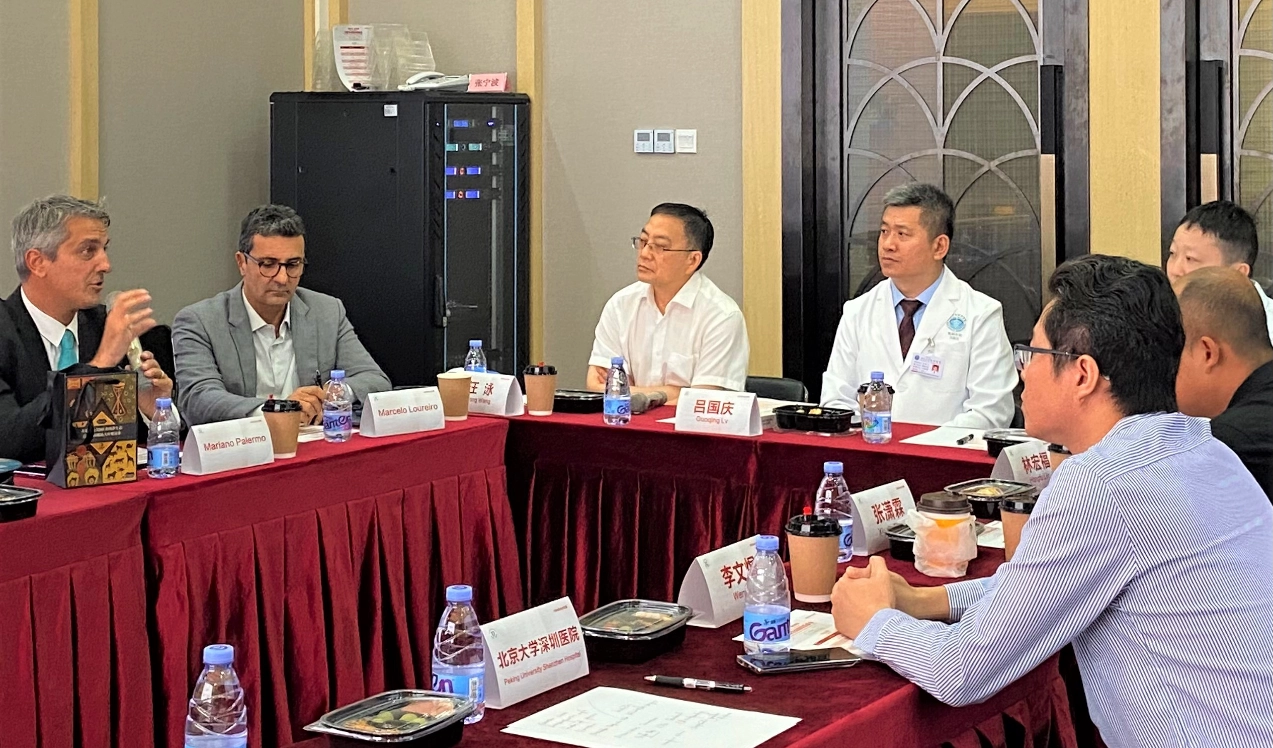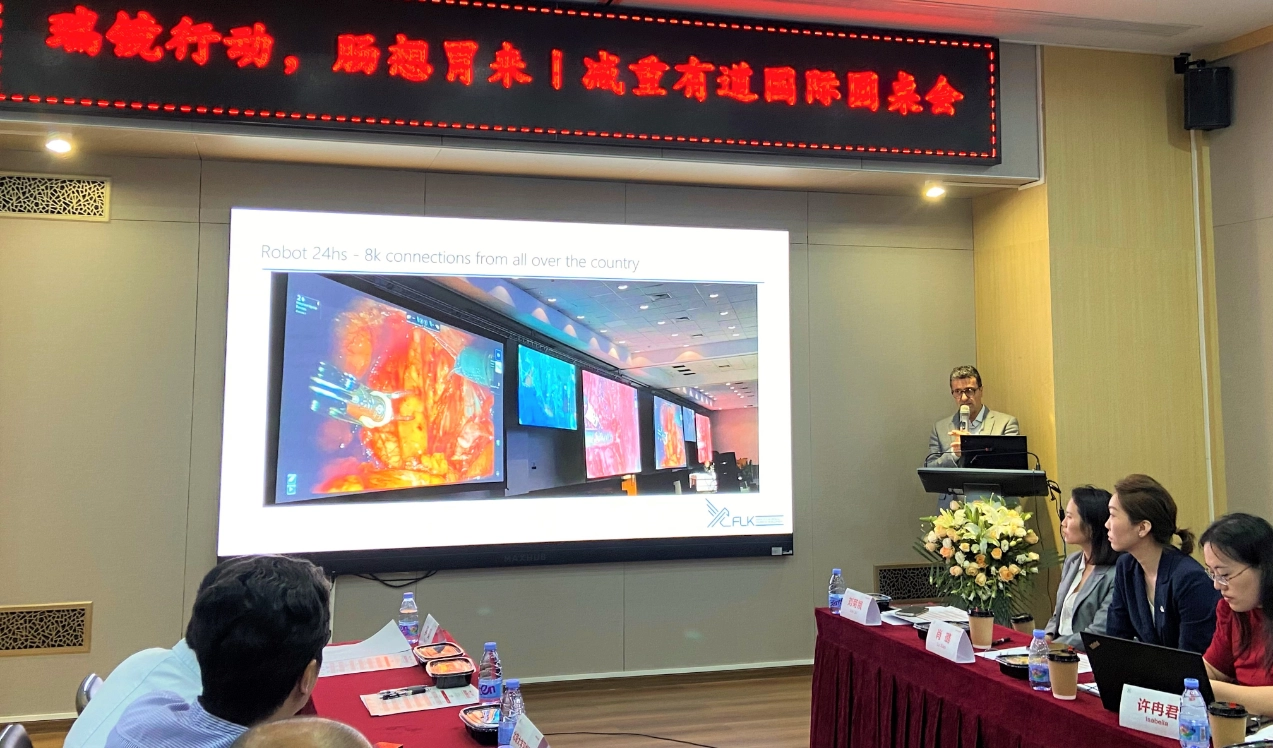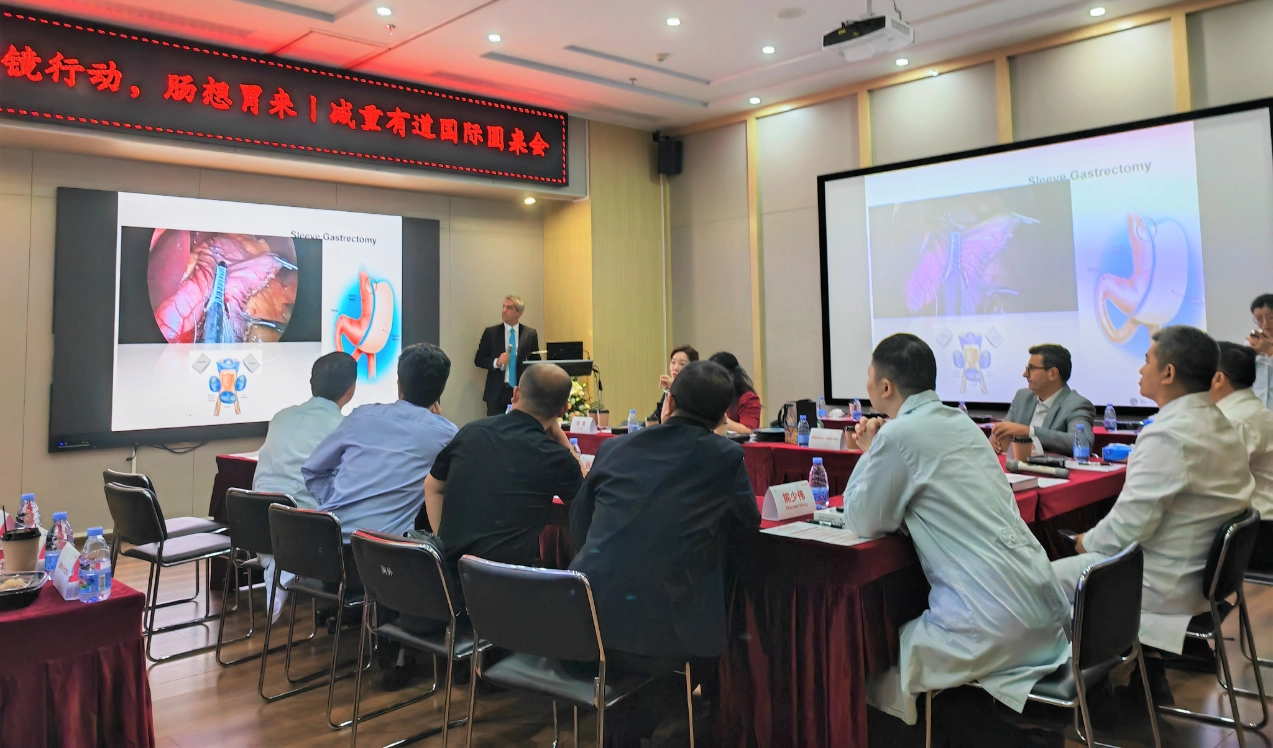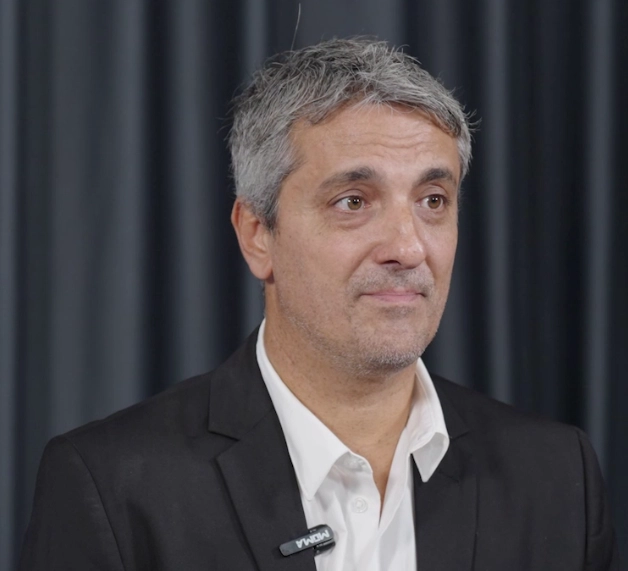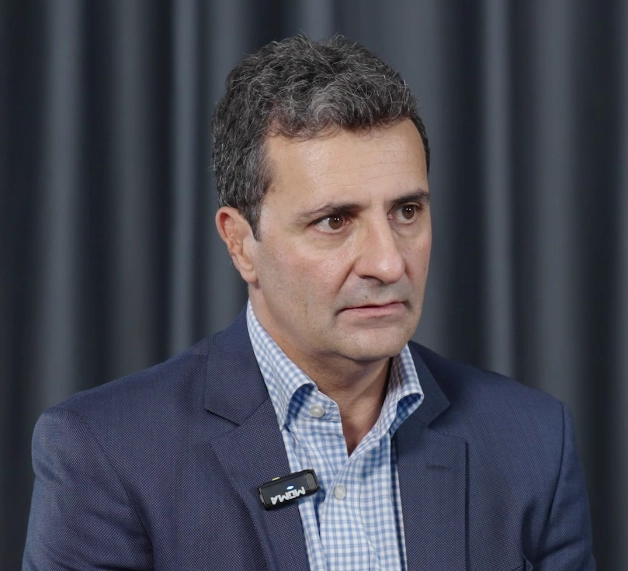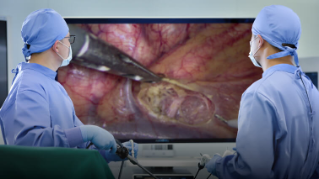We sit down with Dr. Mariano and Dr. Marcelo to discuss the clinical techniques, innovations and future trends of bariatric and minimally invasive surgery. They also emphasized the importance of training and education and shared advice for aspiring surgeons.
Learning about Bariatric Surgeries: Technical Demands and Multidisciplinary Approach
Dr. Mariano: Bariatric surgery is a multidisciplinary approach, so it will have a lot of professionals working for the patient, including nutritionists and psychologists. We get the patient inside the OR when the patient is in the better conditions, not only physically, but also mentally. Then in the OR we have to have the best technology to treat our patients.
Dr. Marcelo: Sometimes you have a surgery that is not that difficult, but the patient can be very difficult. Sometimes you have a very challenging case, technically speaking, but the patient is easygoing. You have to try to find this balance, be open to understand the human behavior and try to get experience in the bariatric surgery as soon as possible.
Elevating Bariatric Procedures: Safeguarding Patients with Advanced Technology and Tools
Dr. Mariano: We need the best image to perform the surgery safely especially when there are difficult cases, as the aim is that the patient to be safe. The better we see inside the abdomen, the better we will treat our patients. In my hospital, we have four camera systems of Mindray and we are very happy with them. The quality of image is very good.
Dr. Marcelo: The obese patient has a characteristic. They have a fat tissue, and this fat tissue hidden heightens their atomic elements. One should not start doing any kind of complex procedures without the high standard equipment. We see those Mindray video equipment and the ultrasonic scalpel equipment. It must be very precise.
Dr. Mariano: Bleeding complications with all this development of the technology will be in the past. The same as the leaks because the sutures and the staples are developing better year by year. We have the opportunity to see here in Shenzhen, the Mindray ultrasonic device in the Peking University Shenzhen Hospital. The coagulation was good. It was amazing how it did dissect. We are very excited to try this in Argentina and in Brazil.
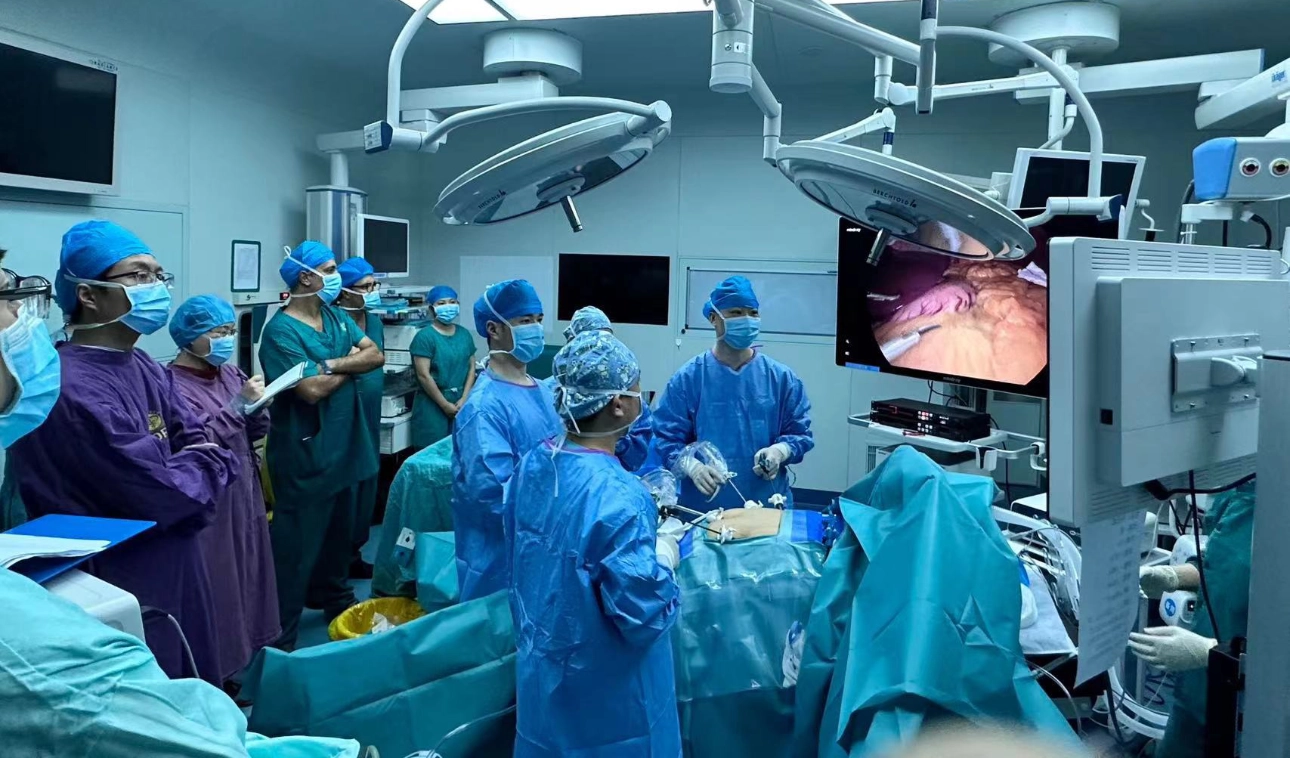
Indocyanine Green in Gastric Bypass Procedures
Dr. Mariano: Indocyanine green is very important for us to see the vascularization of procedures in a gastric bypass. When we do the gastro enter anastomosis, we have to be very careful to do good anastomosis because a leak in anastomosis would follow and the patients will have complications. If we can have this technology in all our patients as a routine, it will be safer to see all the blood supply before leaving the surgery.
Dr. Marcelo: Re-operations are becoming more and more common. When we re-operate the patient, you're dealing with the scar tissue. There is already fibrosis because he has passed for an inflammation process. When you come back to this tissue, it's not going to behave the same way that is a primary tissue. It will become obligatory the technique to evaluate a better vascularization of tissue before finishing your surgery. It is good for re-operations.
The Future of Minimally-invasive Surgery: Anticipating Trends and Technological Advancements
Dr. Mariano: One of the things I think strongly will be a future is to insert artificial intelligence in the laparoscopic towers. If you ask me now in 2023, what I want to have in my future is being in the ward operating and having a GPS in the screen, saying where not to go in order to avoid a complication.
Bariatric Surgeons Education: The Important Role of Training Centers and Corporate Collaboration
Dr. Mariano: All the young surgeons are gonna go to a training center to follow up the education for bariatric surgery. To begin, we have a black box for a dry lab where students can develop their laparoscopic skills. If Mindray can do simulators, it will be very good for us to have in Scolla. The next step involves the animal lab, which requires laparoscopic towers. We will have then in the OR simulating a surgical case to do exactly the same surgery, creating a similar atmosphere in the animal lab. By practicing these procedures in animals during various courses, they will gain the necessary expertise to perform them on patients with precision.
Dr. Marcelo: We need companies as partners, and also help us supplying all the information. Continuous medical education will go on through the support of the companies. They are going to make the difference. We can see here is, this is the kind of company that in the DNA has education and their basis. This is amazing.
Advice for Young Bariatric Surgeons:
Dr. Mariano: My first advice would be to work hard and to follow a clear direction. As surgeons we have to learn in the technical fields, but the best part is to work as a team. We have to be very committed with the patient. When everything goes okay, we are the best bariatric surgeons, but when we have a complication, we have to be with the patient.
Dr. Marcelo: There's no good bariatric surgeon if he's not a good leader. You should know how to extract the best of your team. There are a lot of challenges, a lot of very bad nights that you're gonna have. On the other hand, the result is good. If you feel the happiness and people you can bring this, this is something very unique.
